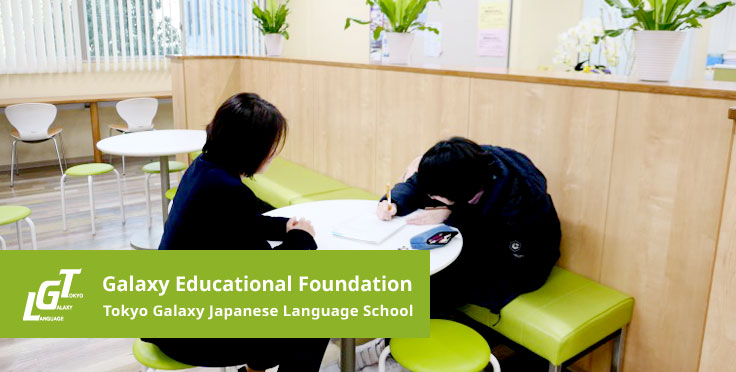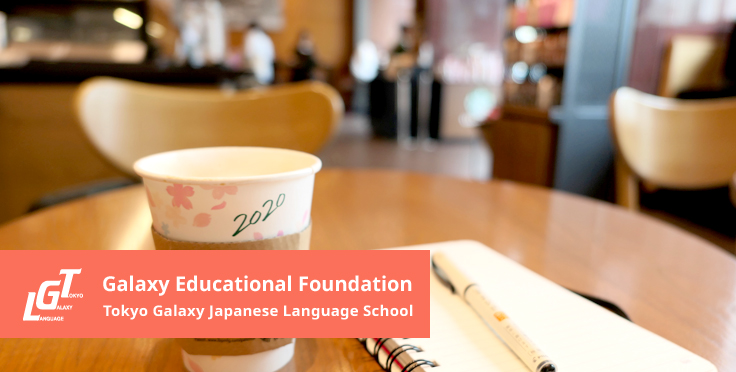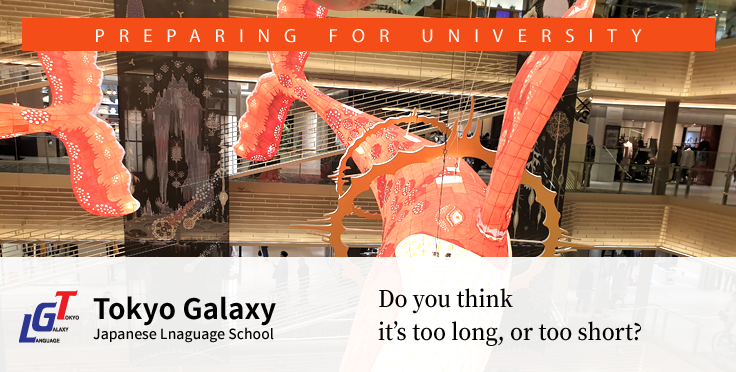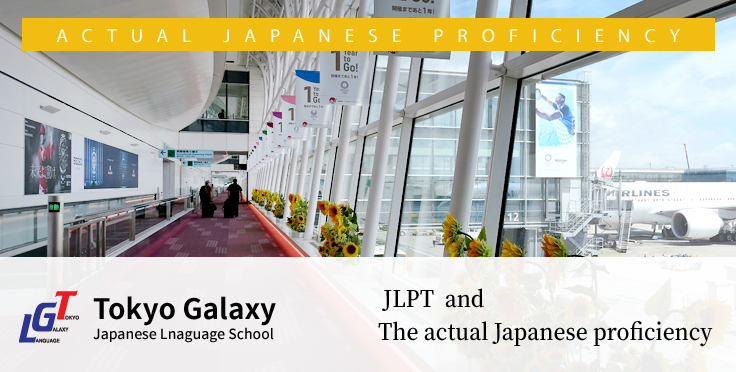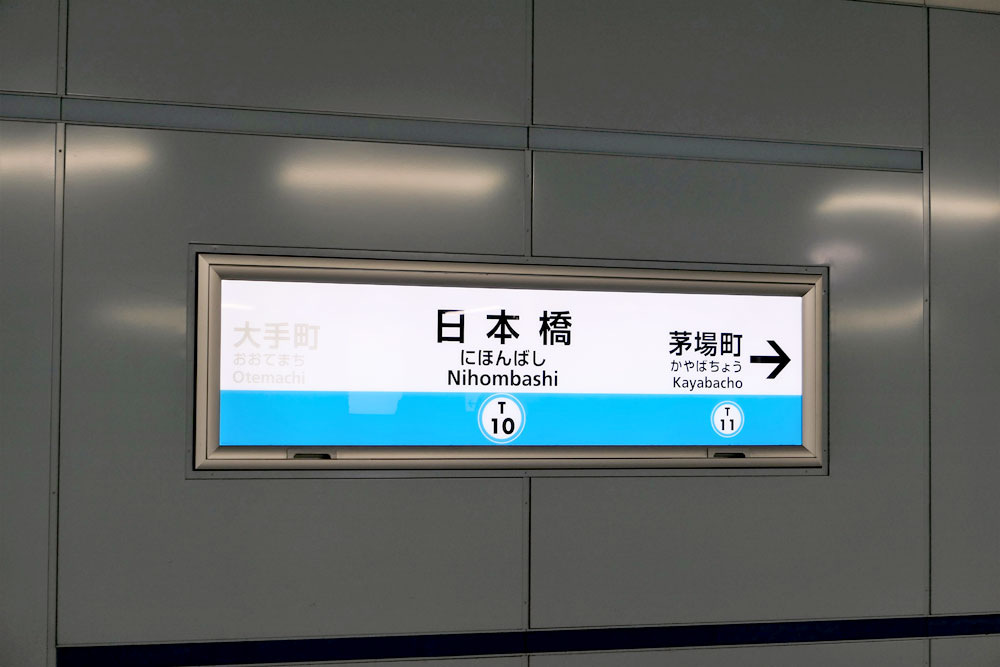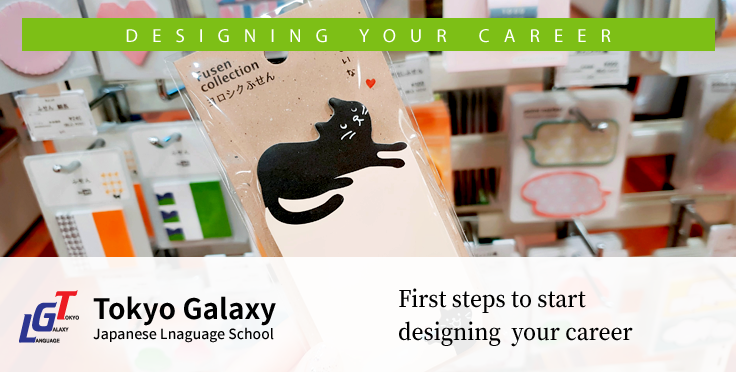At Tokyo Galaxy Japanese Language School, we are receiving increased inquiries from international students who have long been preparing in their home country to enter a Japanese university, but have not been able to pass the entrance exam for their desired university, and are seriously considering to receive Japanese language training at our school.
Those who enroll at Tokyo Galaxy in April and study for one year until March of the following year will not only learn Japanese, but will also receive guidance for entrance exams, and take the Academic Japanese Class (we will explain about it later) so that they can immediately adapt to life at university.
While responding to these inquiries, we came to know that many people were wondering if they really need to undergo language training for a whole year. Maybe it’s natural to think so, because those people must have studied a lot in their home country and have a pretty good EJU score.
However, your language training period at Tokyo Galaxy will require at least one year, even if you have already spent some time in your home country to prepare for entrance exams of Japanese universities. We will tell you here about the reason why it takes a year.
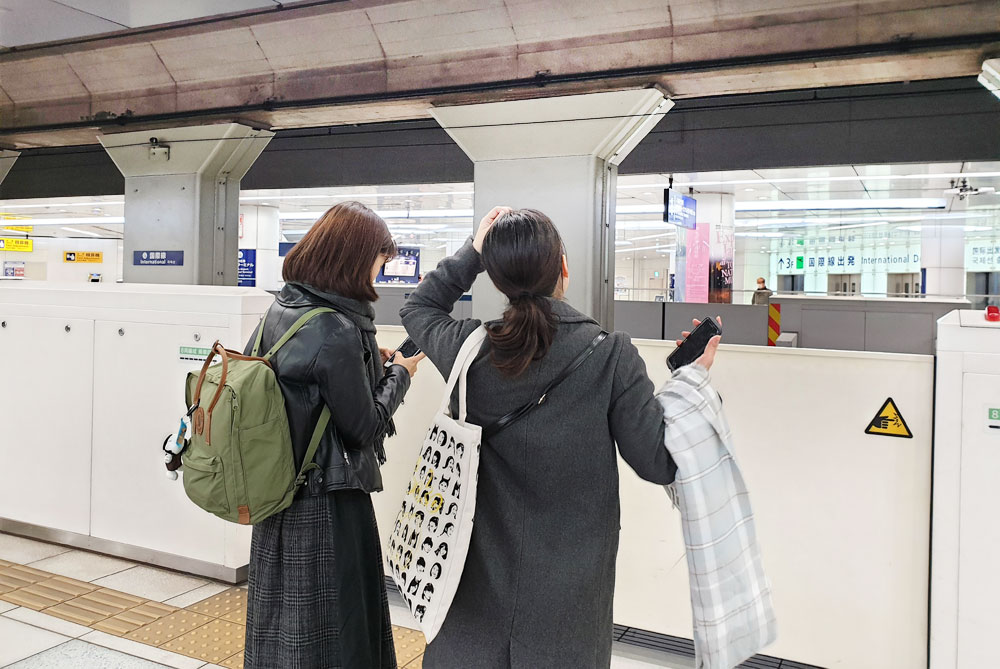
– You will be in quite a rush preparing for a university entrance exam in Japan.
When you say one whole year, it may sound like a very long time. But in fact, you will have only seven to nine months to prepare for the entrance exam if you start your language training in April.
This is because many universities in Japan start accepting applications at the end of August, and their entrance exams for international students are scheduled in October or November. At Waseda University, you must submit your application by the end of June.
You are required to submit the following two documents along with your application documents submitted to Japanese universities.
– EJU certificate of scores
– Statement of purpose
The EJU (Examination for Japanese University Admission for International Students) is held twice a year in June and November. Most of the Japanese universities start accepting applications from international students in late June and close it at the end of October, so you can’t wait until the November EJU; you must take it in June and submit your certificate of scores.
Therefore, if you are planning to enroll at Tokyo Galaxy in April, you need to start preparing for the EJU immediately so that you can get good results in June, which is only two months after enrollment.
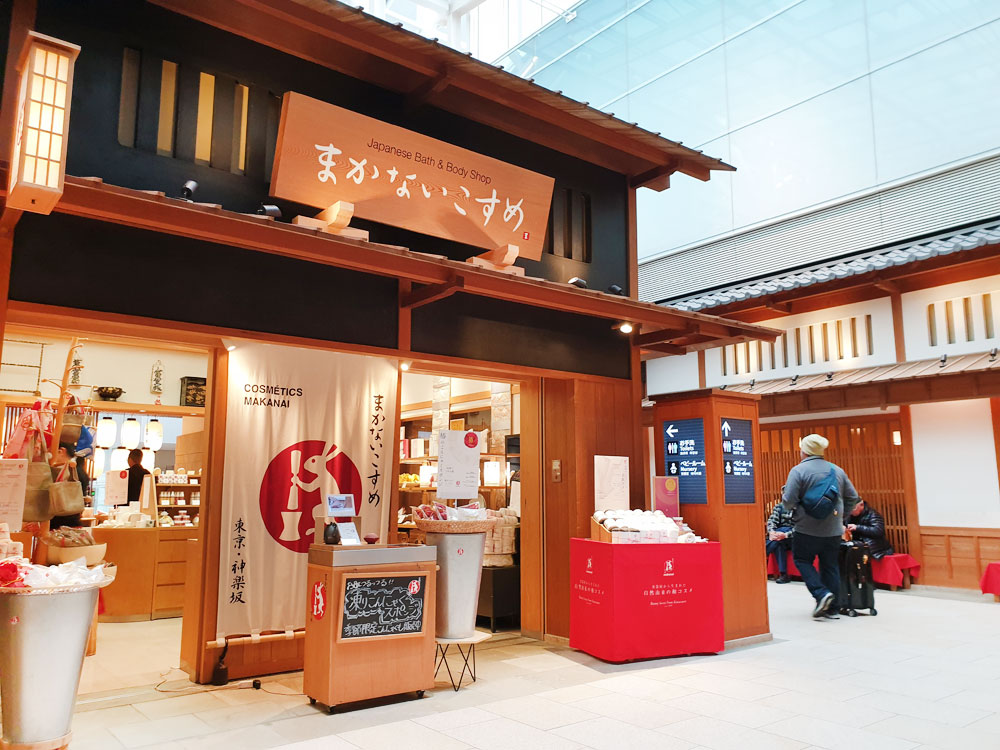
Composing your statement of purpose will be a very difficult process and it is probably the biggest challenge for those aiming for university entrance exams in Japan. In order to write a statement of purpose with a quality needed to pass, you need to keep in mind that it will take a lot of time because you need to work out the content.
Your statement of purpose cannot be just a text; it requires skills to write a statement that describes what you want to say in a logical manner. However, it is also true that many students lack this logical composition ability. You cannot choose whether to submit a statement of purpose or something else; it is mandatory when you apply to a Japanese university. So that means your statement of purpose has to be of good quality; we would like to emphasize this fact.
At Tokyo Galaxy, we have a class for preparing your statement of purpose starting in April, but many students have a difficult time composing their statement, and some of them keep struggling until the time comes to submit their application documents around September to November, not being able to come up with a satisfactory statement. It takes time and lots of effort.
You may be able to improve your EJU score by working on as many practice problems as you can, but if you want to create a perfect statement of purpose, you have to undergo a process of expressing your thoughts in writing, receiving your teacher’s feedback and rewriting it over and over again, and it can be completed at last after a long period of time.
When you actually start to write your statement and receive feedback from your teacher at Tokyo Galaxy, you will probably find that questions such as “do I really have to do language training for a whole year?” was useless.
Your schedule will be fairly tight when you are doing your preparation for EJU, essay test, and statement of purpose in parallel. However, by doing so your language training experience in Japan will be rich and rewarding. When your writing skills advance to the level where you can write your statement of purpose freely as you wish, that will not only enable you to go on to the university of your choice, but it will also be a great help when you start your life in university, since you will be given many written assignments there.
By the way, why do you think Japanese universities require their applicants to submit a statement of purpose? Other materials, such as your high school transcript or school record are evaluations made by your teachers or your school. However, people in charge of university entrance exams are wanting to know what the students themselves are thinking and wishing. In other words, your statement of purpose will be the only window that allows you to communicate directly with the school of your choice. The university tries to grasp an understanding of the student’s thoughts and impressions through the statement of purpose, so you can see how important it is.
– You need to write many things in hand when applying for Japanese university entrance exams.
Did you know that handwriting is required both for the EJU and the statement of purpose mentioned above?
There is a writing test included in the EJU’s test of Japanese as a foreign language, and you have to write on the answer sheet at the test site. And in most cases, you need to handwrite your statement of purpose in accordance with the format assigned by the university, instead of typing it on computer.
At Tokyo Galaxy’s special preparatory class for university entrance exams, you will have many opportunities to improve your Japanese handwriting skills, such as kanji quizzes conducted daily and essay writing lessons using a Japanese manuscript paper (genkou youshi).
Your handwriting does not have to be extremely beautiful, but it needs to be readable and neat enough to give a nice and polite impression, and it takes time to practice Japanese handwriting. International students with the exception of those from China and Taiwan have rarely used kanji, so they have to do a lot of practice on writing Japanese characters.
However, there‘s no need to worry about that when you are studying at Tokyo Galaxy for a year, because you will be able to handwrite properly through our composition and essay writing lessons.

– Academic Japanese Class will help you in your college life in Japan.
At Tokyo Galaxy, students will be studying for university entrance exams from April to December. Then, during January to March of the following year, we have the Academic Japanese Class to study Japanese required for university life in Japan.
In Japan, most of the private universities announce their application results around the end of November to early February. National universities usually make announcements in mid-February to mid-March.
Students who need to prepare application documents for national universities and practice for interview tests will receive individual guidance from their entrance exam trainers and study at the Academic Japanese Class during January to March.
This class is a distinctive curriculum of the Tokyo Galaxy Japanese Language School. We established this class in response to our graduates’ concerns about their life in Japanese universities; many of them said they felt that the lectures at the university were much more difficult than expected, and they were experiencing difficulties in communicating with their Japanese professors, seniors and classmates.
Therefore, we started the Academic Japanese Class in January 2011, and we have heard from many of our graduates that taking this class was helpful for them to finish their school successfully.
Despite its short period of only three months, the class covers a wide scope of subjects and its contents are quite deep and satisfying.
As you can see, your study year at Tokyo Galaxy Japanese Language School will be very meaningful. This will be the time for you to establish your ability in order to successfully achieve your goals, such as entering a Japanese university and successfully graduating from it, or even finding a job in Japan. We are offering the perfect educational environment for students who set their goals looking towards the distant future, rather than simply aiming for university entrance exams.

